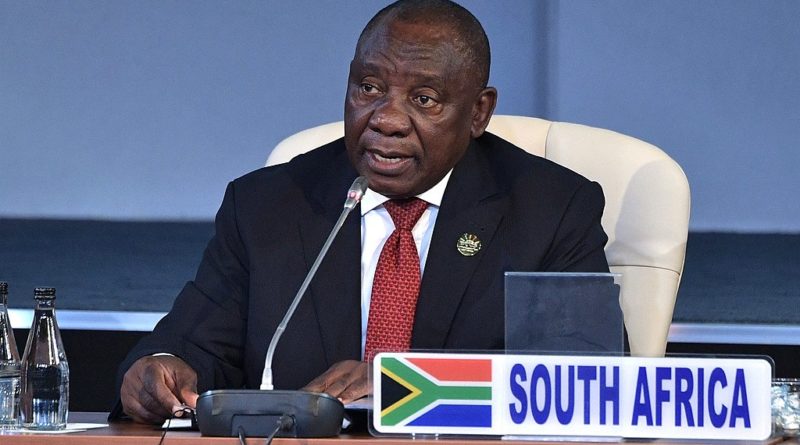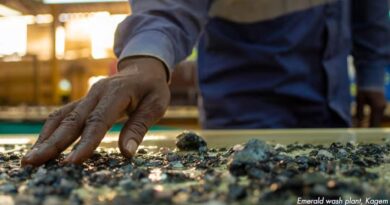Ramaphosa’s rule: corruption has worsened, says Afrobarometer
Cape Town – Results from the most recent Afrobarometer survey show South Africans’ trust in various institutions is at its lowest since it was first measured by Afrobarometer in 2006. The Afrobarometer team in South Africa is led by the Institute for Justice and Reconciliation and Plus 94 Research. It surveyed 1,600 adults South Africans in May and June, with the main conclusions being as follows:
- Confidence in almost all institutions is low – and declining. Only the media, both independent (63%) and government (61%), and the Ministry of Health (56%) – the data was collected before an investigation into allegations of corruption then involving the Minister of Health Zweli Mkhize – enjoy the confidence of a majority of citizens.
- Only a minority of South Africans say they trust the President (38%) and Parliament (27%) “quite a bit” or “a lot”. For the first time in Afrobarometer surveys, only a minority (43%) expresses confidence in the courts.
- Only about one in three citizens (36%) trust the South African Election Commission, with particularly low levels of trust among young respondents. A little more (42%) trust the Québec Ombudsman.
- Confidence in the ruling ANC (27%) and opposition parties (24%) continues to decline. Confidence in the ANC is particularly low among younger and more educated respondents.
- Two-thirds (67%) of South Africans would be willing to forgo the election if an unelected government was able to provide security, housing and jobs. Almost half (46%) say they would be ‘very willing’ to do so, with (67%) of South Africans would be willing to forgo the elections if an unelected government could provide security, housing and life. ‘use. Almost half (46%) say they would be “very willing” to do so, with higher levels of support among younger and more educated respondents.
Confidence in the president has halved, from 70% 2 to 34%, between the 2006 survey, conducted under Mbeki’s presidency, and the 2015 survey, under Zuma’s presidency, and has only slightly recovered, at 38%, under Ramaphosa’s tenure. , said Afrobarometer.
The proportion who trusts the president ‘a lot’ has dropped significantly, from almost half (47%) of respondents in 2006 to just one-fifth (21%) in 2021. In other words, the Ramaphosa presidency, faced with a pandemic and an economic crisis, has much less social capital than Mbeki in 2006, or even Zuma in 2011. ”
Levels of trust in Ramaphosa are similar in urban and rural areas and are slightly higher among men (41%) than among women (35%). Less educated citizens express greater confidence in the president than those who are more educated.
A clearer divide is visible from a generational point of view: only about a third of 18-35 year olds express confidence in the president, compared to about half of those over 45.
Like trust in the president, popular trust in parliament has declined. From (54%) in 2006 and 2011 (56%) it steadily declined, reaching just 27% in the most recent survey, Afrobarometer said.
“The 2021 survey was the first case where a majority (53%) of respondents indicated little or no confidence in the judiciary. While the courts are still considered more trustworthy (43%) than the Parliament and the President, the proportion of respondents who trust the courts “a little” or “not at all” has steadily increased since 2011.
Confidence in opposition parties has never exceeded 40% and now stands at just 24%, suggesting that opposition parties have failed to present an attractive alternative to the ruling party.
South Africa lost R1.5 trillion through corruption in just years between 2014 and 2019, according to the Unite 4 Mzansi’s first case study titled State Capture 101.




